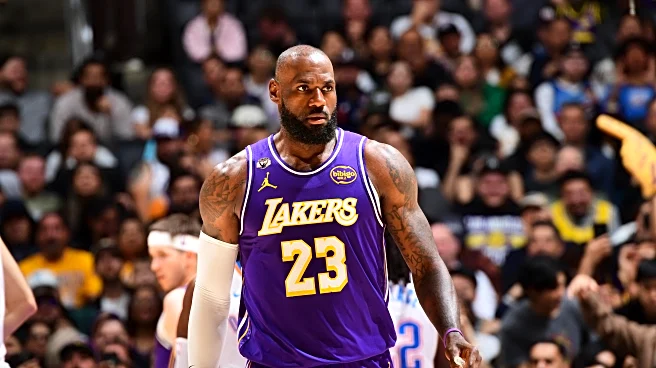What's Happening?
The University of Virginia has declined to sign the Trump administration's proposed 'Compact for Academic Excellence in Higher Education,' which offered priority access to federal funding. Interim U-Va.
president Paul Mahoney stated that the university seeks merit-based assessment of research and scholarship, rejecting any contractual arrangement that undermines academic integrity. The proposal, sent to nine universities, included policies such as capping international enrollment and freezing tuition. U-Va. joins MIT, Brown University, the University of Pennsylvania, and the University of Southern California in refusing the compact.
Why It's Important?
The rejection of the Trump administration's proposal by major universities highlights concerns over academic freedom and the potential for government overreach in higher education. The compact's provisions could impact university finances and free speech, prompting backlash from educational associations. The decision reflects broader tensions between educational institutions and federal policies, with implications for how universities navigate political pressures while maintaining academic standards.
What's Next?
Universities have until Monday to provide feedback on the proposal. The rejection by U-Va. and others may influence the administration's approach to higher education policy. Stakeholders, including faculty and state politicians, are likely to continue advocating for academic independence. The Trump administration may need to reconsider its strategy to gain support from higher education institutions.










